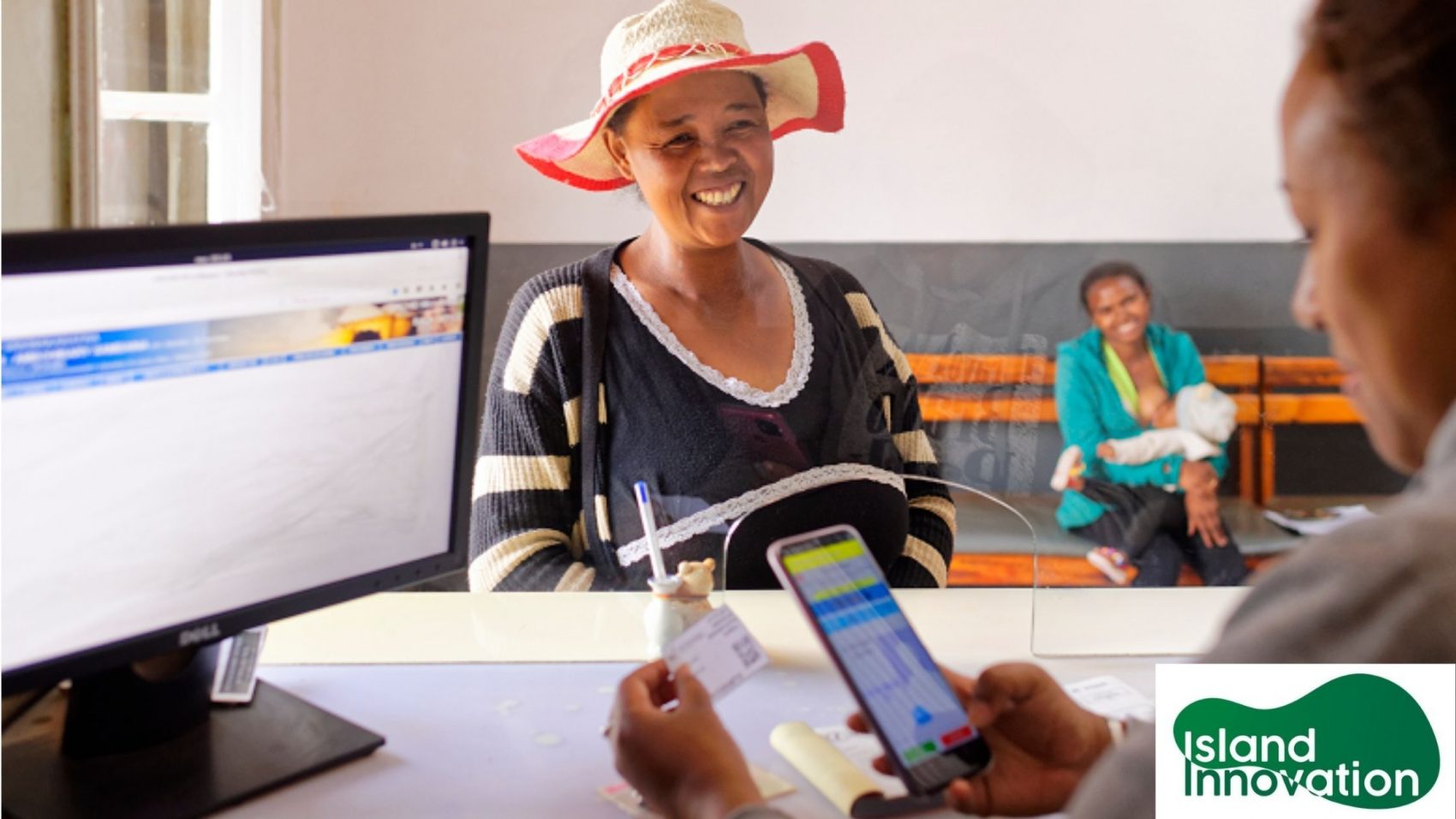Excerpt from blogs.worldbank.org
Eleanor, a mother of two in the North of Madagascar, has registered her micro-business with the tax department for mobile payments. With this new account, she can receive funds, and pay for goods and services, building a transaction history that could help her if she seeks to obtain a loan.
The World Bank’s Madagascar Financial Inclusion Project shows the potential for digital financial services and Fintech to contribute to economic recovery and drive financial inclusion in the island nation, which has long been exposed to climate change.
Madagascar’s financial sector continues to expand, but financial inclusion remains low.
Over 30 financial institutions make up the sector, including banks, microfinance institutions (MFIs), and e-money institutions. Mobile Money adoption grew considerably between 2017 and 2020, from 277 accounts to 645 per 1,000 adults. The value of transactions as a share of GDP rose to 47% from 12% in the same period.
Even so, only 18% of Malagasy adults accessed formal financial services in 2017, with gaps between men and women as well as urban and rural areas.
This potential has been demonstrated globally, including in East Africa, through mobile money and digital credit, which largely benefit the poor.
Access to quality Internet technology (4G/5G, broadband), electricity (only 33% have access), and related costs constrain Fintech and digital financial services adoption. There are other limitations, too: 63% of the country’s population lives in rural areas with higher poverty rates, and a quarter lacks formal ID.
Digital financial services could accelerate economic recovery and inclusion in Madagascar
These opportunities have been extremely valuable amid the pandemic.
Telcos in Madagascar are licensed to provide e-money services, and over 10 million people have opened accounts. Other non-banks also participate in digital financial services offerings, such as the Post, which helps distribute payments in response to the pandemic thanks to its large network of access points.
















